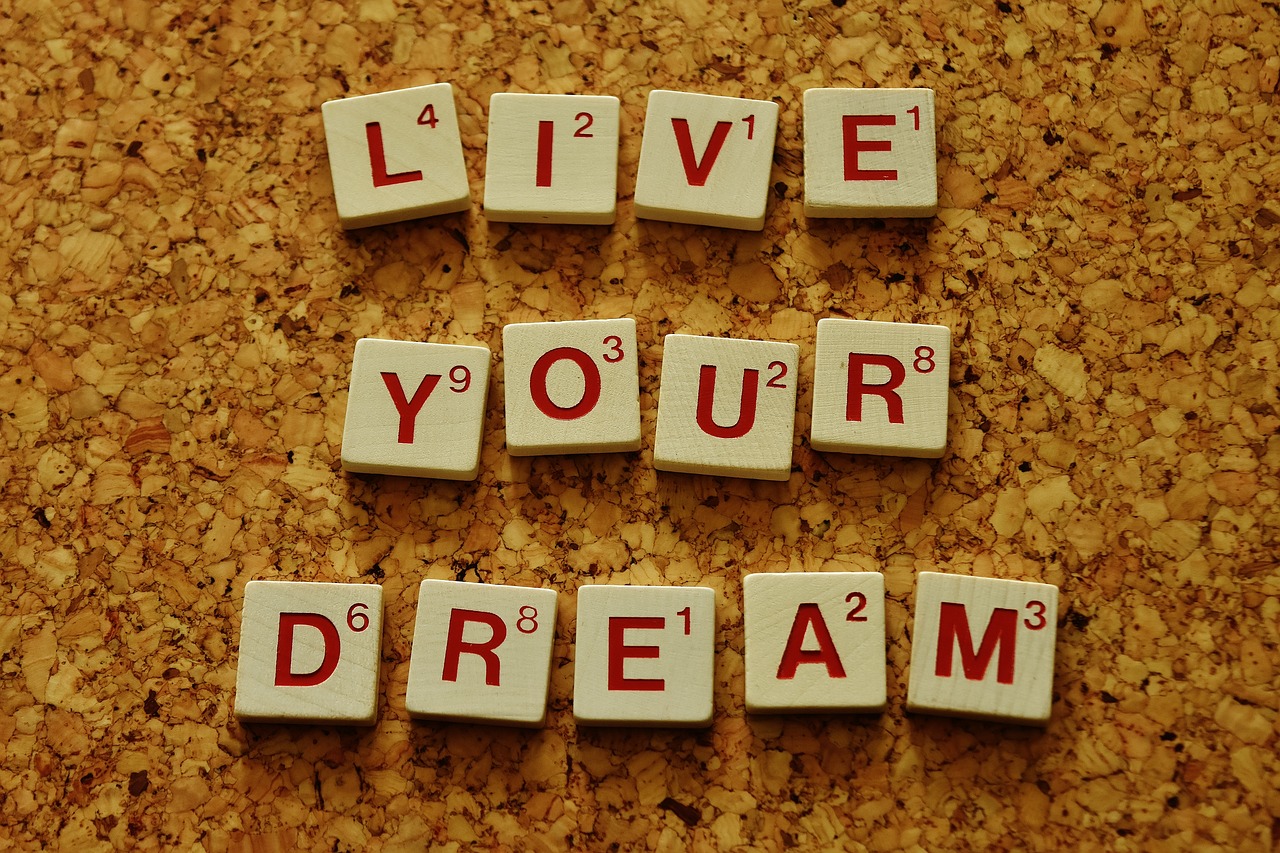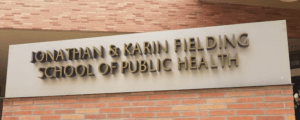Public health is an inherently transdisciplinary field.1 While some programs build truly transdisciplinary curriculum, others still employ a siloed approach. In both types of programs, an epidemiology course may cover statistical methodologies that help you get one step closer on your etiological quest whereas a health behavior or health promotion course may explain the five stages of the Transtheoretical Model or the Health Belief Model. The integration and application of this material, however, is where educational paths may deviate.
As an epidemiology doctoral student with a background in international relations and cultural studies, I entered this training to explore how we quantify socio-cultural variables. As a policy wonk, I entered this program to understand how to quantify the impact of healthcare systems on health outcomes. I articulated that the goal of my doctoral training was to refine and deepen my methodological abilities so that public health, as a field, can better quantify and measure these aspects of society.
Like many of my peers, I face considerable challenges – both anticipated and unexpected – during my graduate training. My greatest learning and, perhaps, the most important lesson for any graduate student to take away from their training is learning to advocate for yourself. Below I outline three aspects of successful self-advocacy to consider employing in your graduate training.
Belief in yourself:
Typically, you enter a graduate program with a strong interest in a topic or a research question you have always wanted to answer. In theory, you have an inherent curiosity to advance a topic and explore its epistemic edge, connect fields, or answer a question that has never been asked.
But this intellectual curiosity and commitment is a double-edged sword, as it elucidates the inherent duality to our existence and status as graduate school students. We are here to challenge and add to current thought leadership, to advance and elevate the current body of knowledge. However, being a student in a hierarchical system of education can often lead to losing the originality of thought in the process23.
For example, since completing my master’s in public health, I have been intrigued by the way health researchers often measure acculturation in the United States. Acculturation is an important characteristic of any individual and group, especially when looking at vulnerable populations such as immigrants and refugees. Acculturation is a sociological phenomenon that, in a true transdisciplinary spirit, is employed in public health research, albeit incompletely. More often than not, acculturation is measured (in the United States,) by proficiency in English. This poor proxy measurement reflects such a limited understanding and encapsulation of acculturation.
While experts in cultural studies, international studies, and sociology have validated my concern, professors in my epidemiology doctoral program don’t understand why I fixate on this question. In fact, on coursework, I suggested, many times, that we address the aforementioned measurement concern in the design phase of the study. Yet, professors repeatedly retorted that I should focus on assessing it as a possible confounder or effect modifier during the analysis phase and stop entertaining such “irrelevant” and “theoretical” pursuits.
Don’t forget why you are in this program and believe in yourself! It took me a while to figure that out. I am no longer discouraged by such rhetoric. In fact, I am motivated by their comments and eager to improve our collective understanding on the topic. Don’t abandon your guiding principles and original curiosities. Rather, use them as guideposts to navigate the noise. In the same way that anaerobic exercise breaks down our muscles, our ideas are broken down in graduate school, only to be rebuilt in a more refined and distilled form.
Persistence:
There will always be a gap between what the admission’s office shares and the reality on the ground in the program, be it the revolving door of faculty to advise and teach, unexpected changes in funding, new construction that changes the campus landscape, and personal life developments, all which may impact the way you experience your program.
In my personal journey, I have had to ping the same administrator multiple times and wait two to three months to get responses to time-sensitive requests. I also have taken unnecessary classes because an advisor was not familiar with the program requirements. Moreover, I have faced challenges with last-minute changes in authorship due to internal faculty politics. These issues are, unfortunately, not uncommon and, in many ways contribute to the high rate of mental health issues, fatigue, and burnout in graduate school.4
One of the greatest ironies about my experience in a doctoral public health program is when professors share evidence-based practices and don’t apply it in practice. For example, the literature shows that our minds have limited focus and require periodic breaks((Ericsson KA, Krampe RT, Tesch-Römer C. The role of deliberate practice in the acquisition of expert performance. Psychological review. 1993;100(3):363.))5, exercise is an effective way to stimulate the brain67, and spending time outside in nature can improve focus.((Kaplan S, Berman MG. Directed attention as a common resource for executive functioning and self-regulation. Perspectives on psychological science. 2010;5(1):43-57.))((Bratman GN, Hamilton JP, Hahn KS, Daily GC, Gross JJ. Nature experience reduces rumination and subgenual prefrontal cortex activation. Proceedings of the National Academy of Sciences. 2015;112(28):8567-8572.)) Yet, some programs still demand that students take lengthy five-hour written exams in spite of the evidence-based practices presented. This reality, unfortunately, is not uncommon however, as a recent primer on dissemination and implementation science research showed that for only a fraction of original research to be implemented into practice,((Neta G, Brownson RC, Chambers DA. Opportunities for Epidemiologists in Implementation Science: A Primer. Am J Epidemiol. 2018;187(5):899-910.)) and, as a scientist, I can’t help but ask “why?”
Persistence in practice prevails both in and out of the classroom. Persistence doesn’t have one look or feel– it is really person- and situation-specific. Persistence may mean showing up for office hours every week, taking extra classes, or regularly showing up to counseling. Persistence demands self- and situational-awareness and focus so that you can overcome any challenge – be it expected or unexpected – that you face.
Moreover, persistence transcends lengthy tests and lectures. Your persistence is a commitment to the field and to having an impact that is greater than yourself. It may be inspired by what you seek to accomplish once on the other side of this training. My persistence is framed by remembering that this training is but an ephemeral flash in my life and legacy.
Resilience:
A mentor frequently reminds me that your character is defined by how you bounce back from setbacks, and we all have them, especially in graduate school. How we choose to rebound – our resilience – is our differentiating factor.
While in your graduate training, invest in yourself– your whole self. It may be exercise, healthy eating, relationships (family, friends, romance), a hobby, sleep, or something else! It may be therapy, a tutor, a support group, or a study group. It may be a leave of absence and or a semester elsewhere. Figure out what is right for you and be bold. You are not just a statistic; we are all unique and living humans. Your self-worth is not based on what letters you have after your name. We are all worthy of respect and deserve to live our lives fully, and we cannot actualize our potential if we are not the best version of ourselves. At its core, resilience is your unique approach to achieving self-actualization in spite of (or inspired by) setbacks.
Conclusion:
Your graduate training does not necessarily have to be an uphill battle. Many are and have already moved the needle and changed the paradigm((Cook-Sather A, Matthews KE, Ntem A, Leathwick S. What we talk about when we talk about students as partners. International Journal for Students as Partners. 2018;2(2):1-9.))8. Anecdotally, I have many friends and colleagues around the world who have mentors and advisors that invest in them – both inside and outside the classroom. They have helped them settle into a new city, brought them soup when they were sick, and empowered them with professional connections and opportunities that advanced their careers. In fact, I, firsthand, have experienced professors and programs leading both in and out of the classroom as well. By removing all of the systematic stress and providing students a safe and secure space in which to thrive, our ability to learn and contribute is amplified significantly.
I may have learned new codes in STATA and new techniques to assess the validity of regression models, but the biggest takeaway from my doctoral training has been self-advocacy via believing in myself, employing persistence, and practicing resilience. Echoing Leon Gordis in his seminal epidemiology textbook,((Gordis L. Epidemiology. Fifth edition. ed. Philadelphia, PA: Elsevier/Saunders; 2014.)) there is a famous quotation by Rabbi Hillel, “If I am not for myself, who will be for me?” Without a doubt, I have learned to believe in myself, persistently advocate on my behalf, and develop resilience practices that keep me whole.
Brilliantly, Gordis also mentions the next sentence that is often forgotten in Rabbi Hillel’s quotation, “And being only for myself, what am ‘I’?”((Gordis L. Epidemiology. Fifth edition. ed. Philadelphia, PA: Elsevier/Saunders; 2014.)) As public health students and professionals, our purpose is to make the whole greater than its parts. This happens on many levels – in our own lives, academic programs, communities, and the global village. This human teaching and our stated collective purpose have transcended time and discipline. For example, modern biology affirms its veracity when describing emergent properties. Yet, it was never better articulated than it was a millennium ago by the Persian poet Sa’adi:
Human beings are like parts of a body,
created from the same essence.
When one part is hurt and in pain,
the others cannot remain in peace and be quiet.
If the misery of others leaves you indifferent
and with no feelings of sorrow,
You cannot be called a human being.
In an ideal setting, systems are built to align expectations and incentives to optimize productivity and maximize impact. Yet, in reality, both the greater world and our own personal ecosystems are often filled with competing and conflicting interests. Graduate school is no different. My greatest learnings have been to treasure my truth by believing in myself, navigating the noise with persistence, and rebounding with resilience, ultimately, allowing me to advocate for myself and leave this world a better place than I found it.
- A New Year, A New Needed Perspective - November 17, 2022
- Navigating the Line Between Discomfort and Uncomfort: Exploring Cultural Immersion - November 2, 2022
- Locating Eckhart Tolle’s “A New Earth” Within Current Public Health Epistemology: A Book Review - October 12, 2022
- Haire-Joshu D, McBride TD. Transdisciplinary public health: Research, education, and practice. Vol 49: John Wiley & Sons; 2013. [↩]
- Skolnik ML. How academic program review can foster intellectual conformity and stifle diversity of thought and method. The Journal of Higher Education. 1989;60(6):619-643.)) ((Bullough Jr RV. Higher education and the neoliberal threat: Place, fast time, and identity. Journal of Thought. 2014;48(3-4):13-32. [↩]
- Vostal F. Accelerating academia: The changing structure of academic time. Springer; 2016. [↩]
- Evans TM, Bira L, Gastelum JB, Weiss LT, Vanderford NL. Evidence for a mental health crisis in graduate education. Nature biotechnology. 2018;36(3):282-284. [↩]
- Ariga A, Lleras A. Brief and rare mental “breaks” keep you focused: Deactivation and reactivation of task goals preempt vigilance decrements. Cognition. 2011;118(3):439-443 [↩]
- Gomez-Pinilla F, Hillman C. The influence of exercise on cognitive abilities. Compr Physiol. 2013;3(1):403-428. [↩]
- Ratey JJ. Spark: The revolutionary new science of exercise and the brain. Little, Brown Spark; 2008. [↩]
- Lawlor EF, Kreuter MW, Sebert-Kuhlmann AK, McBride TD. Methodological innovations in public health education: transdisciplinary problem-solving. American journal of public health. 2015;105 Suppl 1(Suppl 1):S99-S103. [↩]




